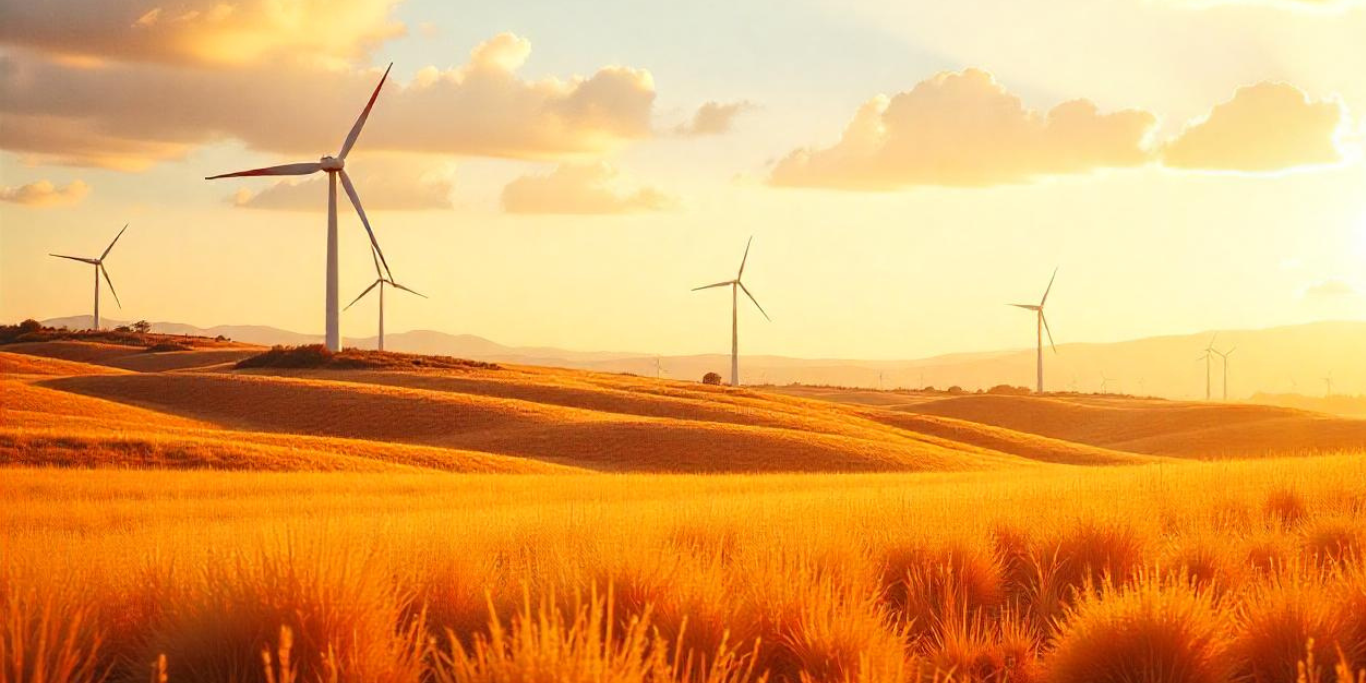
Josefina Carbonell EN
Managing energy consumption has become a top priority in today’s world, especially in countries like Spain, where rising energy costs and environmental concerns are driving individuals and businesses to reconsider how they use energy. In this article, we will explore what energy consumption means, key statistics about energy usage in Spain, and practical strategies for improving energy conservation.
What Is Energy Consumption and Why Does It Matter?
Energy consumption refers to the amount of energy used by individuals, households, businesses, and industries. It includes electricity, natural gas, and other energy sources that power everyday activities, from heating and cooling to transportation and manufacturing.
Tracking energy consumption is crucial for understanding its environmental and economic impact. Excessive use of fossil fuels contributes to carbon emissions, while inefficient energy use increases costs for consumers.
Energy Consumption in Spain: Current Trends and Challenges
Spain is one of the leading countries in Europe for renewable energy, but its overall energy consumption patterns still reflect challenges that need to be addressed. Let’s look at some of the key trends:
1. Spain’s Growing Energy Demand
Spain has a well-developed energy infrastructure, but its energy consumption continues to grow due to urbanization, industrial activities, and population increases. According to recent data, Spain’s electricity consumption accounts for around 250 terawatt-hours (TWh) annually, with peaks during the summer (due to air conditioning) and winter (due to heating).
2. Renewable Energy’s Role in Spain
Spain has made significant strides in renewable energy adoption, particularly in wind and solar power. In 2023, renewables accounted for nearly 50% of the country’s electricity generation.
Despite these efforts, Spain still relies on imported energy for certain sectors, creating a need to reduce dependency and improve local efficiency.
3. Energy Prices in Spain
Energy prices are a pressing concern for consumers in Spain. Tariff fluctuations, influenced by geopolitical and market factors, make it essential for households and businesses to manage their energy consumption wisely.
Why Is Energy Conservation Important?
Energy conservation is the practice of reducing energy usage without compromising comfort or functionality. In Spain, where energy resources are a mix of renewable and traditional sources, conservation plays a critical role in:
1. Lowering Costs
Reducing energy waste directly translates into savings on electricity bills. By adopting energy-saving strategies, households and businesses can lower their long-term energy expenses.
2. Minimizing Environmental Impact
Conserving energy helps reduce carbon emissions, contributing to a cleaner environment and mitigating climate change. Energy efficiency is an effective way to promote sustainability.
3. Improving Energy Independence
By using energy more efficiently, Spain can reduce its reliance on imported energy sources, promoting greater energy independence and price stability.
How to Reduce Energy Consumption: Practical Tips for Spain
Whether you’re a homeowner or a business owner, there are many ways to lower your energy consumption in Spain while embracing energy conservation strategies.
1. Optimize Heating and Cooling
Use energy-efficient systems such as heat pumps or air conditioners with high energy ratings. Also, install insulation in your home to reduce heating and cooling needs during Spain’s hot summers and cold winters.
2. Switch to Renewable Energy
Consider installing solar panels to generate clean electricity. Solar energy is particularly effective in Spain, one of Europe’s sunniest countries. You can also opt for renewable energy tariffs offered by companies like Evergreen Eléctrica, which prioritize green solutions.
3. Upgrade to Energy-Efficient Appliances
Look for appliances with A+++ energy ratings to minimize electricity use. Replace traditional incandescent bulbs with LED lighting, which uses up to 75% less energy.
4. Monitor Your Energy Usage
Use smart meters to track your energy consumption in real-time. Apps and energy management tools can help identify patterns and suggest ways to save.
5. Adopt Sustainable Habits
Adopt sustainable habits such as turning off lights and unplugging electronics when not in use. Wash clothes in cold water and air-dry them whenever possible. Encourage carpooling or the use of public transport to reduce fuel consumption.
Energy Consumption and Spain’s Renewable Future
Spain’s commitment to renewable energy aligns closely with global sustainability goals. With policies like the European Union’s Green Deal and national initiatives supporting green energy, Spain is on track to reduce its carbon emissions and promote responsible energy consumption.
Investing in renewable energy not only helps the environment but also offers long-term cost benefits for consumers. By improving energy conservation practices and choosing sustainable solutions, Spain can continue to lead the way in energy efficiency and climate action.
Evergreen Eléctrica: Helping You Manage Your Energy Consumption
At Evergreen Eléctrica, we understand the challenges of managing energy consumption in Spain. That’s why we’re committed to providing our customers with affordable, renewable energy solutions that make a real difference. We offer personalized advice and innovative plans designed to help you conserve energy, reduce costs, and contribute to a greener future. Whether you’re looking to lower your household energy usage or make your business more sustainable, we’re here to support you every step of the way.
Ready to take control of your energy consumption? Contact us today to learn more about our green energy options and how we can help you achieve your energy-saving goals.
Stay Informed with More Tips and Insights
Want to stay informed about the latest trends in renewable energy, sustainability, and energy-saving tips? Visit our blog for more articles on clean energy, insights, and practical advice on how to reduce energy consumption and contribute to Spain’s renewable future.











